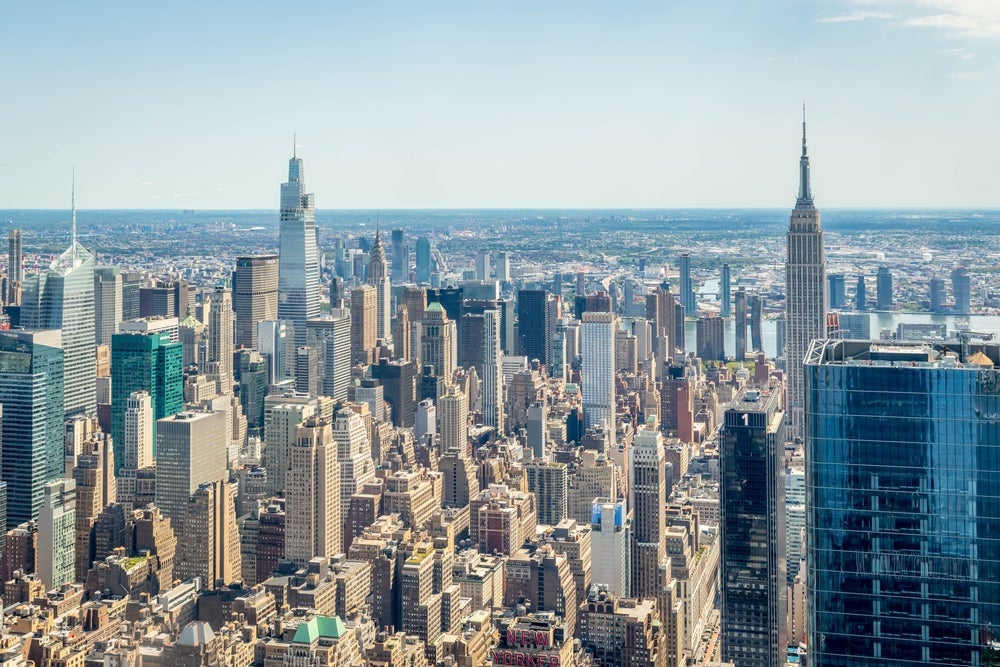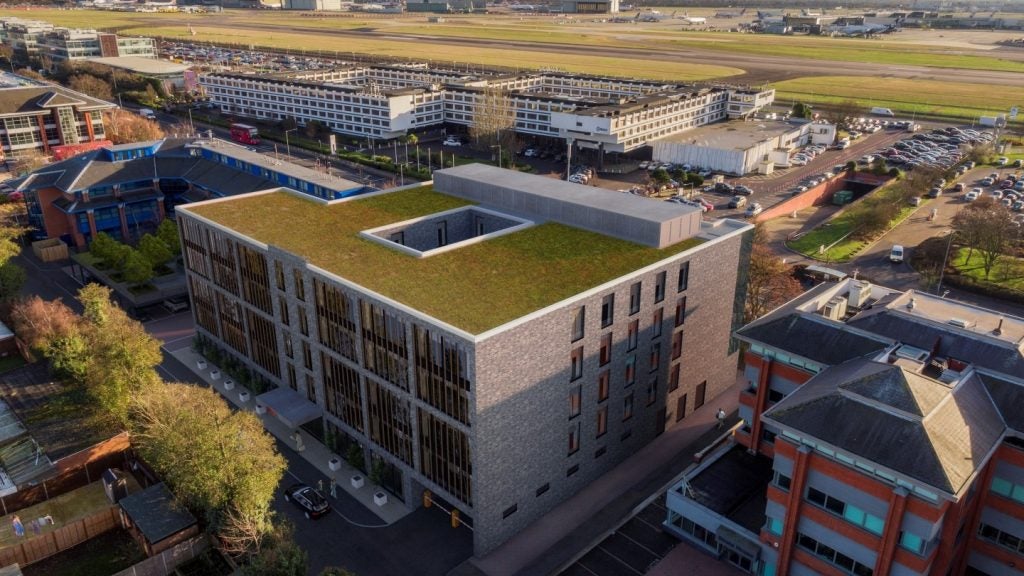
In response to the anticipated influx of asylum seekers following the ending of pandemic-era rules, New York City has announced plans to repurpose the iconic Roosevelt Hotel in midtown Manhattan to provide accommodation for up to 1,000 migrants.
The decision was announced by Mayor Eric Adams on 13 May 2023, as the city grapples with the increasing demand for emergency shelters.
The Roosevelt Hotel, which closed its doors three years ago, will join a growing list of hotels in the city being converted to house those in need.
Reopening the Roosevelt Hotel for migrants
Mayor Adams emphasised the urgency of finding suitable shelters for migrants, particularly due to the expected arrival of asylum seekers in the coming weeks following the expiration of Title 42, a set of pandemic-era rules that allowed federal officials to turn away individuals seeking asylum at the US-Mexico border.
As the city faces a shortage of available accommodation, the historic Roosevelt Hotel near Grand Central Terminal will be reopened to fulfil this pressing need.
The hotel’s spacious facilities and central location make it a viable option to house migrants arriving in the city.
How well do you really know your competitors?
Access the most comprehensive Company Profiles on the market, powered by GlobalData. Save hours of research. Gain competitive edge.

Thank you!
Your download email will arrive shortly
Not ready to buy yet? Download a free sample
We are confident about the unique quality of our Company Profiles. However, we want you to make the most beneficial decision for your business, so we offer a free sample that you can download by submitting the below form
By GlobalDataHotel conversions amid shelter shortage
Across New York City, numerous hotels that previously catered to tourists are being transformed into emergency shelters.
Many are located within walking distance of popular tourist attractions such as Times Square, the World Trade Centre memorial site, and the Empire State Building.
According to a legal mandate, New York is obligated to provide shelter to anyone in need.
However, Mayor Adams has expressed concern about the city’s limited capacity and has sought financial assistance from state and federal governments to address the situation.
Financial implications and previous hotel conversions
The decision to repurpose hotels as shelters has financial implications for both hotel owners and the city.
Scott Markowitz, attorney for the owner of the Holiday Inn in Manhattan’s financial district, explained that operating the hotel as a city-sponsored shelter makes financial sense, as it generates substantially more revenue compared to normal operations.
Using the city’s hotels as temporary shelters is not a new initiative. During the pandemic, hotels were rented to serve as quasi-Covid wards, as group shelters made it challenging to comply with social distancing regulations.
Challenges and advocacy for the homeless
The city’s reliance on hotels to accommodate the homeless population has also faced criticism.
Vijay Dandapani, president and CEO of the Hotel Association of New York City, argues that hotels are not a long-term solution and that their use raises concerns among taxpayers who may perceive migrants to be living in luxury at their expense.
Advocates for the homeless argue that private hotel rooms provide better living conditions than the barracks-style accommodations typically offered by the city.
They emphasise the importance of privacy and dignity for individuals experiencing homelessness.
Long-term solutions needed
While the use of hotels as shelters addresses the immediate need for housing, it does not address the underlying issue of a lack of affordable and permanent housing options in New York City.
David Giffen, executive director of the Coalition for the Homeless, asserts that the reliance on shelters and hotels highlights the failure of the housing system. Individuals with lower incomes often end up using the shelter system as a substitute for stable accommodation.
Giffen underscores the need for comprehensive solutions to address the larger problem of affordable housing scarcity in New York City.
The Roosevelt Hotel’s reopening plan
The Roosevelt Hotel will open this week as a welcome centre, providing asylum seekers with legal and medical information and resources.
It will then gradually expand its capacity, offering 175 rooms for families with children and eventually accommodating up to 850 individuals. An additional 150 rooms will be made available to other asylum seekers.
City officials believe that the provision of hotel rooms, with their inherent privacy and dignity, will likely receive a positive response from the asylum seekers.
However, advocates like David Giffen caution that while hotels may provide a temporary solution, the overarching issue of inadequate affordable housing remains unaddressed.
A significant step in accommodating asylum seekers
As the city continues to grapple with the growing demand for shelter, the reopening of the Roosevelt Hotel marks a significant step in accommodating asylum seekers in need.
The hotel’s rich history and central location make it a fitting choice to provide temporary housing for migrants.
However, the need for long-term solutions to the housing crisis in New York City remains a pressing concern.
The conversion of hotels into emergency shelters reflects the city’s commitment to meeting its legal obligation of providing shelter to those in need.
Yet, critics argue that relying on hotels can give the perception of luxurious living at taxpayers’ expense.
Nonetheless, advocates for the homeless point out that private hotel rooms offer a level of comfort and security that barracks-style accommodations often lack, emphasising the importance of privacy and dignity for individuals experiencing homelessness.
The issue of affordable and permanent housing in the city remains unresolved
While the Roosevelt Hotel’s reopening plan will offer immediate relief, the larger issue of affordable and permanent housing availability in the city must be addressed.
The Coalition for the Homeless and other advocacy groups emphasise the need for comprehensive solutions that tackle the systemic housing crisis faced by lower-income individuals.
As the city transforms vacant hotels into temporary shelters, it remains to be seen how effective these measures will be in accommodating the growing number of asylum seekers and addressing the underlying housing challenges.
The repurposing of the Roosevelt Hotel stands as a testament to the city’s commitment to supporting those seeking refuge, but also highlights the urgent need for sustainable, long-term solutions to the housing crisis in New York City.
Meanwhile, in the UK, the use of hotels to accommodate asylum seekers has expanded to almost 400 locations, according to The Telegraph newspaper.
The number of migrants residing in private accommodation has surpassed 50,000, a 20-fold increase in under three years.







